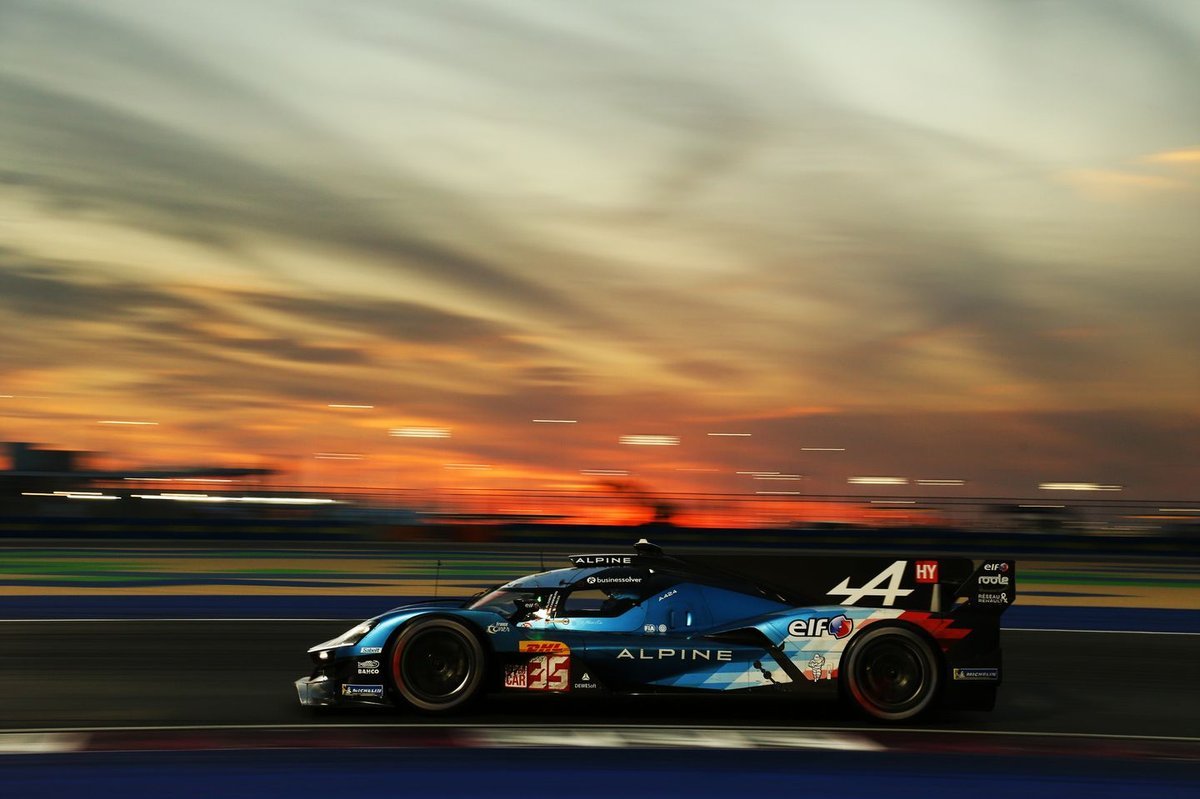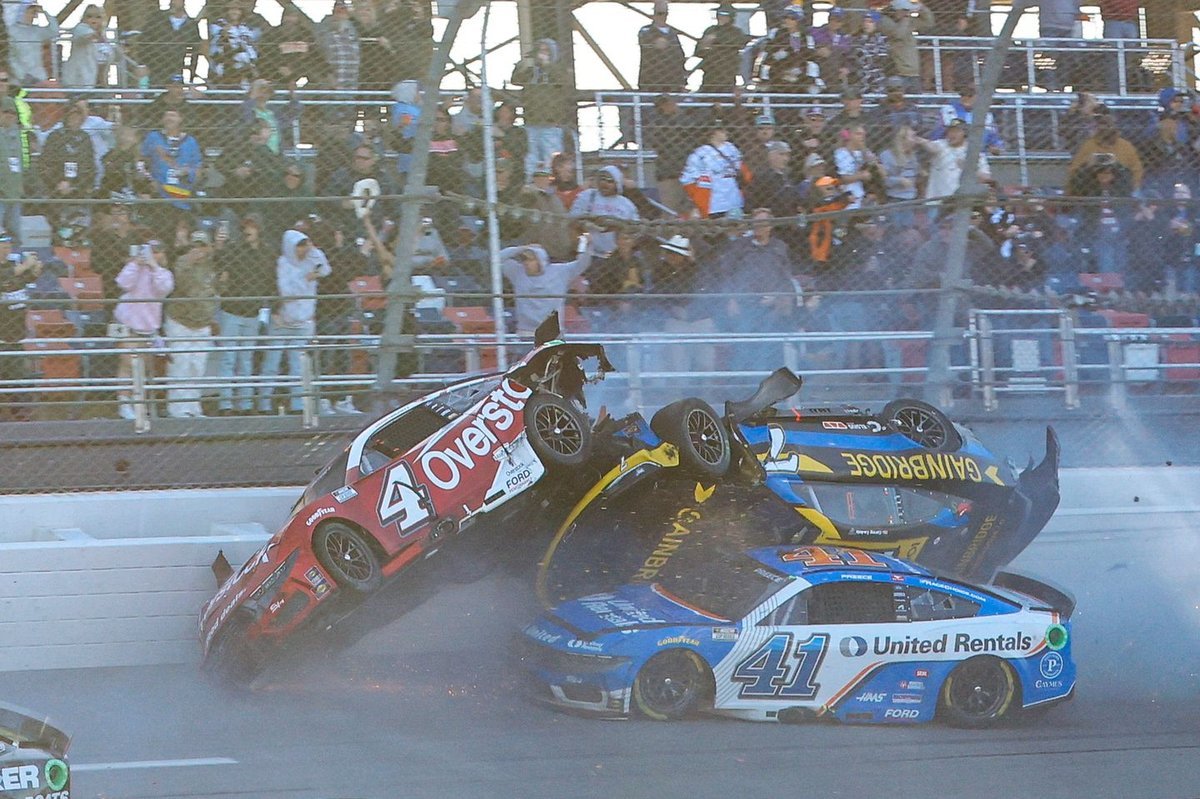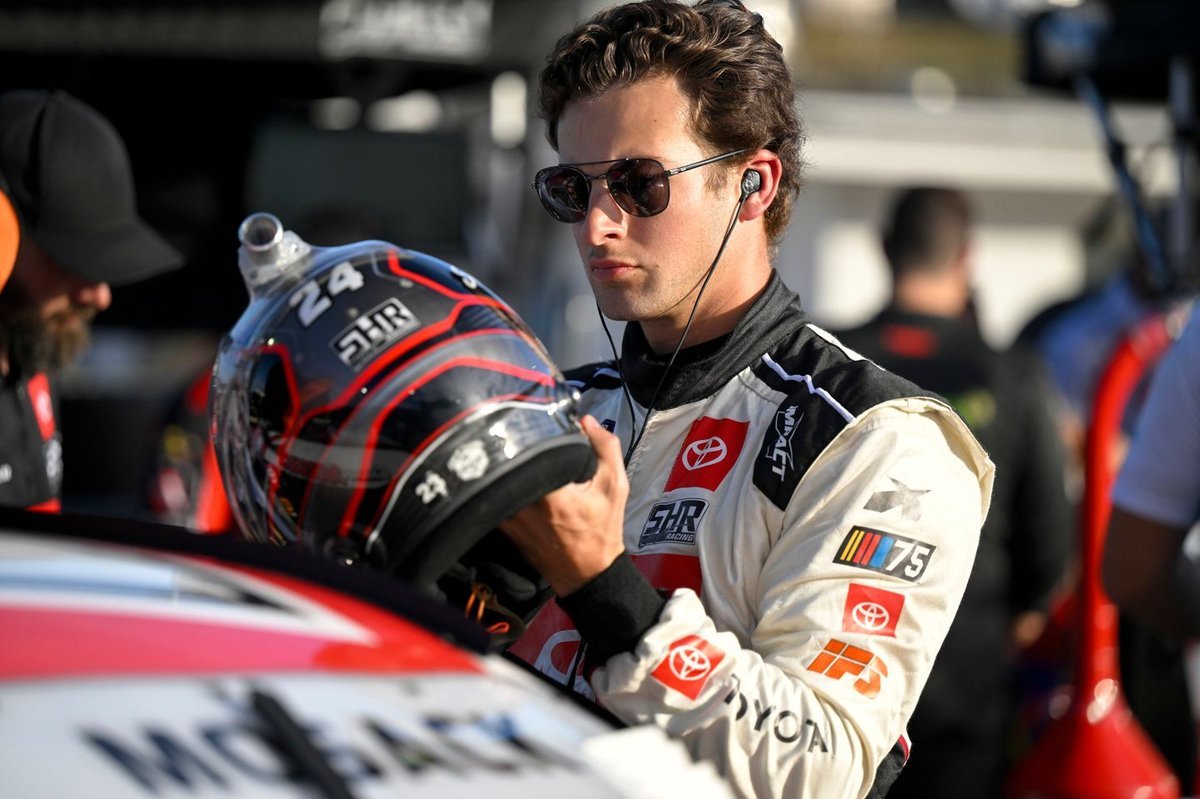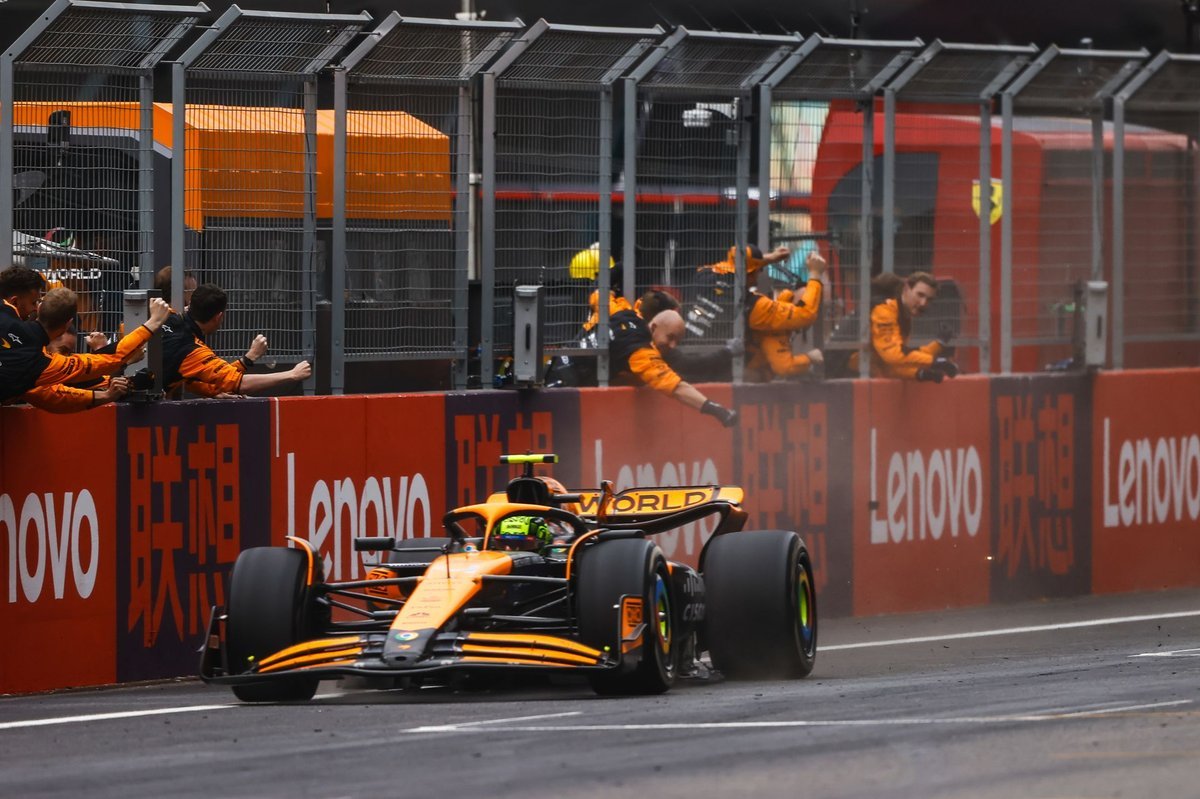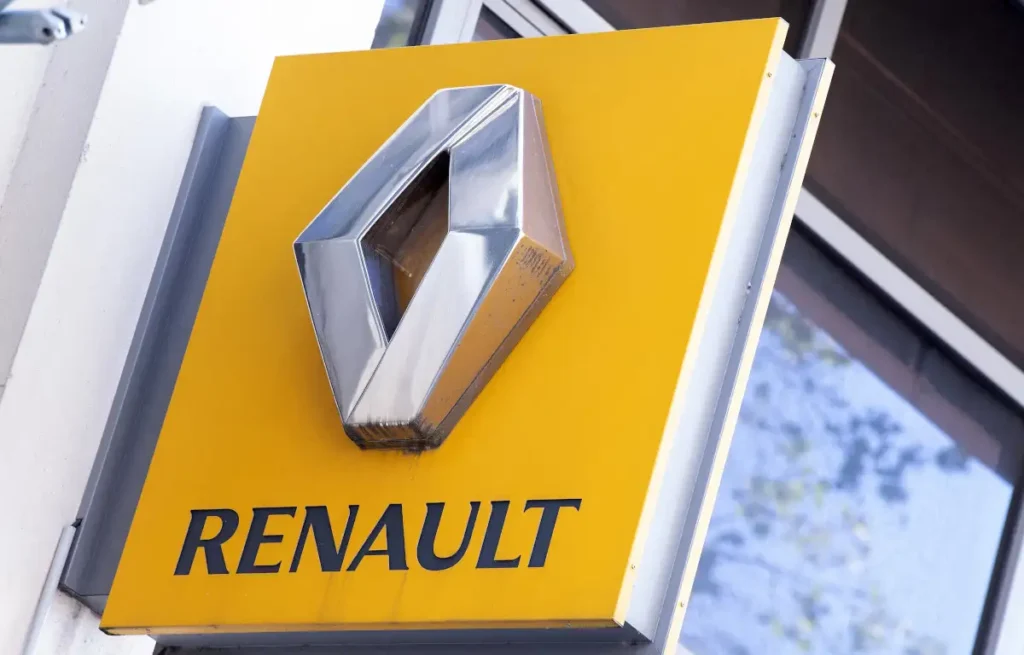
Source – Planetf1.com
Ferrari have not hesitated in digging into Renault’s engine pool, a source saying they’ve already questioned a ‘few dozen engine engineers’ from Viry-Châtillon.
Renault’s decision to abandon their 2026 F1 engine project marks the end of an era, bringing their 40-year-long history of power unit manufacturing at the Viry facility to a close. After much speculation and internal deliberation, the French manufacturer officially pulled the plug on their plans for the next-generation power unit, a move that will significantly reshape the F1 landscape as they transition from a works team to a customer squad by 2026. However, the engine department at Viry will remain active through 2025, powering the Alpine team as Renault fulfills its final commitment as a full-fledged power unit supplier.
The unexpected decision left the industry in a flurry, with Renault announcing the creation of an “F1 monitoring unit” in its place. This new unit, based at the Viry factory, will focus on maintaining the technical expertise and skills of their workforce while keeping a close eye on the future of F1 technology. In a statement, the company emphasized their commitment to innovation, not just in motorsport but across Alpine’s various Hypertech projects. However, while this may seem like a sensible compromise, retaining their highly skilled engineering team is shaping up to be an uphill battle.
With the 2026 engine regulations drawing closer, other F1 power unit manufacturers are now keen to take advantage of Renault’s internal shift. Ferrari has already conducted interviews with several of Renault’s top engine engineers, recognizing the value of their experience with the 2026 engine project, which had already been tested on the bench. This move not only strengthens Ferrari’s engine development program but also ensures that rival teams like Audi and Red Bull Powertrains miss out on this coveted pool of talent.
However, Ferrari is far from alone in this recruitment drive. Audi and Red Bull Powertrains have also expressed interest in Renault’s top personnel as they embark on their own power unit development journeys for 2026. Audi, set to make their debut as a power unit manufacturer, and Red Bull, who are building their engine in collaboration with Ford, are both looking to bolster their engineering divisions by poaching from Renault. For these teams, acquiring experienced staff from an established manufacturer like Renault could be a shortcut to building competitive engines under the new regulations.
Red Bull’s aggressive recruitment strategy is already well-known in the paddock, having previously raided Mercedes’ High-Performance Powertrains division to strengthen their own Powertrains project. Over 200 engineers made the switch from Mercedes to Red Bull, including key figures like Ben Hodgkinson, former head of mechanical engineering at HPP, and Phil Prew, former chief engineer. Their success in poaching top talent has positioned them strongly for the upcoming regulatory changes, and adding Renault engineers to their roster could solidify their place as one of the powerhouses of the 2026 engine era.
For Renault, this scramble for their top engineers represents both a loss and a testament to the strength of their expertise. The fight to retain key staff will be critical if they hope to maintain their presence and credibility in the sport, even as they take a step back from the frontlines of engine manufacturing. It remains to be seen how successful their rivals will be in siphoning off Renault’s talent, but what is clear is that the battle for engineering supremacy is as fierce as ever. With 2026 rapidly approaching, the stakes have never been higher, and the right team of engineers could make all the difference in who comes out on top in this new era of Formula 1.





